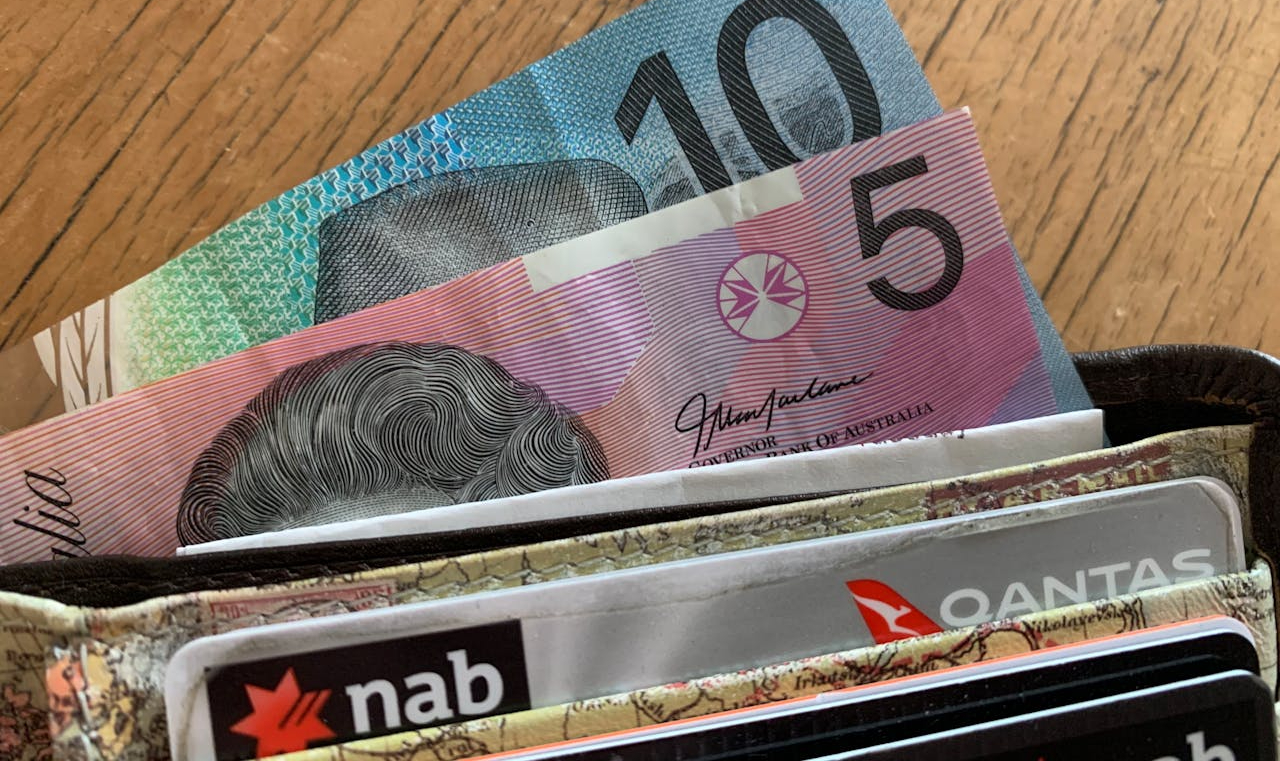As we head towards the end of the financial year, now is the time to take steps to get your tax affairs in order with a view to maximising your return. Here are tips from a money man:
Check your paperwork
If you want to make a claim for work-related expenses, you need to follow the three golden rules:
- The expense must relate to your work
- You mustn’t have been reimbursed by your employer
- You must be able to prove that you spent the money. That means that you must keep receipts, invoices or statements to demonstrate that you actually incurred the expense.
My tip is to keep electronic copies of all documentation relating to expenses. Paper receipts get lost or fade, so keeping everything together on your phone or computer will save time and effort when you come to complete your tax return.
Take some time out to gather together all the information you will need to help you prepare your tax returns, including invoices and receipts for work-related expenses and any bank/credit card statements that contain items of work-related expenses that you no longer have (or never had) receipts or invoices for.
If you’re not sure if it’s claimable, collect together the receipt or invoice anyway and discuss it with your tax agent. If you don’t have the paperwork, you can’t claim a deduction so it makes sense to set aside this time in advance of the end of the financial year to spare yourself a stressful document hunt whilst you’re actually in the process of getting your return prepared!
In addition, if you’re claiming any expenses that have a work-related element and a private element (such as for the use of a personal mobile phone) set some time aside to work out what a reasonable apportionment is for the work-related bit.
Make sure you claim for working from home!
If you work from home, either occasionally or all the time, you are entitled to deductions for costs arising from working at home. The expenses that you can claim include:
- heating, cooling and lighting
- cleaning costs
- decline in value (depreciation) of home office furniture and fittings, office equipment and computers (for items over $300)
- computer consumables, stationery, telephone and internet costs
- items of capital equipment (for eg furniture, computers and associated hardware and software) which cost less than $300 can be written off in full immediately.
You can’t claim for things like tea, coffee and toilet paper, which would be provided if you work in an office, but are actually private expenses when bought for home.
You can claim actual costs but you’ll need copies of all invoices plus a reasonable estimate of the percentage split between work-use and private-use. Or, alternatively, use the ATO fixed rate of 67 cents per hour.
Don’t forget, to claim the fixed rate, you must be able to prove the number of hours that you worked from home during the entire tax year, so you’ll need a diary, copies of timesheets or rosters.
Important: you can’t make a separate claim for mobile phone use if you have claimed the fixed rate method for working from home. Mobile phone calls – wherever they are made – are included in the 67 cents per hour rate.
Don’t rely on pre-filled data from the ATO
These days, with the push of a button, you can pre-fill lots of your income information straight from the ATO’s systems. Take care though and don’t assume that income data is correct or complete. Particularly if you are lodging early, always use your own information as the key source data.
Some people assume that because the data comes from the ATO, it must be right. That’s a dangerous assumption, especially in July and early August.
If you omit income and get questioned by the ATO, the legal burden will be on you, even though you’ve taken the information straight from the ATO’s pre-filled data.
Don’t forget the basics!
Lots of tax returns get held up by the ATO because taxpayers have made basic mistakes like these:
- Name or address changed? Tell the ATO before you lodge your return. If you lodge under different details, the ATO won’t be able to match it with your Tax File Number. Delays will ensue!
- Not included your bank account details? The ATO doesn’t send out refund cheques these days so you need to include your bank details on your return. No bank details, no refund!
- Spelling mistake? If you’ve added an extra letter to a key field such as your name, that slip of the keyboard could consign your return to a black-hole whilst the ATO tries to manually match your details.
Get help!
There’s a reason 74% of Australians use a tax agent to prepare their tax return; tax is complicated! Get your tax return wrong and the comeback is on you, either with a lower refund or ATO penalties.
Most people find it far less stressful to simply pass on all their information to a tax agent and leave it to the agent to complete their return, safe in the knowledge that the return will be accurate and complete. An experienced agent will usually be good at sniffing out those obscure tax deductions you didn’t know you could claim so they can often pay for themselves several times over. Best of all, the tax agent’s fee is also tax deductible!
In addition, you can now get access to your tax refund even faster with Tax Refund Advance, as an extension of H&R Block’s popular Fee From Refund service. With Tax Refund Advance you can access up to 50% of your tax refund (capped at a maximum amount of $1,000) for a 5% fixed service fee on your advance total.
Watch the video for how all this works and make your own appointment here

